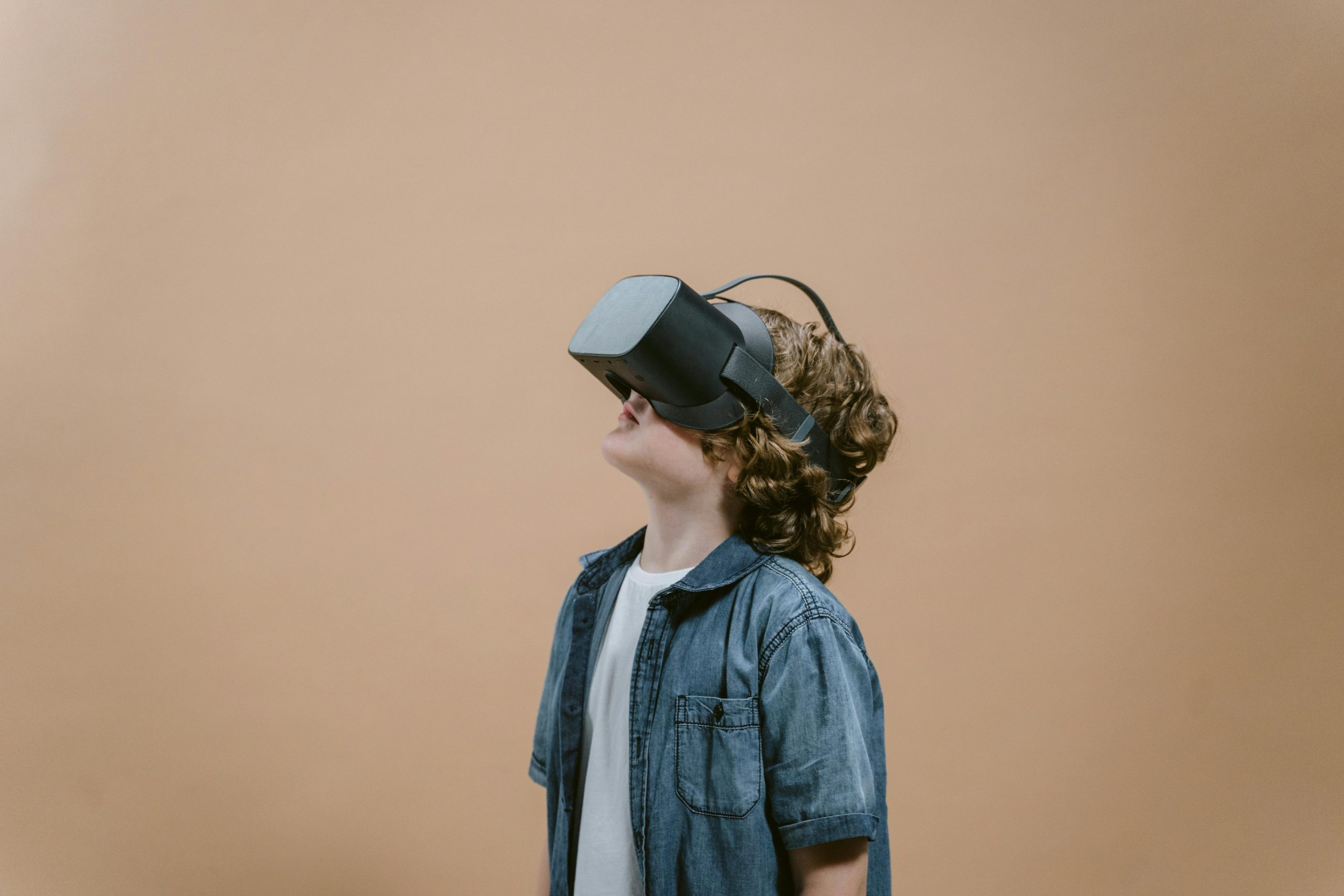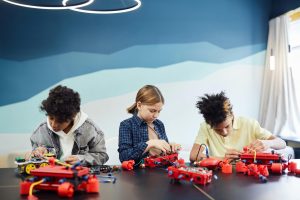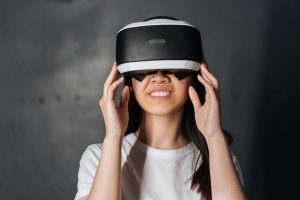Extended Reality (XR) in Education: Beyond Virtual Field Trips
Virtual reality has been making headlines in the education sector for quite some time now. It has revolutionized the way students learn and has opened up endless possibilities for making education more interactive and engaging. With the advancement of technology, the concept of virtual field trips has gained immense popularity. However, with the emergence of extended reality (XR), the concept of virtual field trips has taken on a whole new meaning and potential. In this article, we will explore the world of XR in education and how it goes beyond traditional virtual field trips. 
The Rise of Extended Reality (XR) in Education
Extended reality, also known as cross reality, combines the virtual, augmented, and mixed reality technologies to create an immersive experience for the user. This technology has been heavily adopted in the gaming and entertainment industry, but its potential in the education sector is what has caught the attention of educators around the world. XR has opened up new dimensions in the way students learn and experience education.
Going Beyond Traditional Virtual Field Trips
Virtual field trips have been around for quite some time, and they have been used in schools to take students on virtual tours to different places and environments. With XR technology, these virtual field trips are taken to a whole new level of immersion and interactivity. Students can now fully engage with their environment and interact with objects, just like they would in the real world.
For example, instead of just watching videos of marine life, students can put on a virtual reality headset and actually swim with the dolphins or walk on the ocean floor. This not only enhances their learning experience but also brings a sense of wonder and excitement to the classroom.
Breaking Down Barriers in Education
One of the biggest challenges in traditional education is the limitation of resources and physical barriers, such as distance and accessibility. XR technology has the potential to break down these barriers and provide students with equal opportunities to experience and learn. With XR, students can visit historical sites, explore ancient civilizations, and even travel to space, all within the four walls of their classroom.
Moreover, XR technology also has the potential to cater to students with different learning styles and needs. It can provide a personalized and inclusive learning experience for students, irrespective of their physical or cognitive abilities.
The Impacts of XR in Education
Engagement and Immersion
XR technology is highly engaging and immersive, which leads to increased motivation and interest in learning. This technology allows students to manipulate and interact with objects, resulting in a deeper understanding and an enhanced learning experience.
Real-World Applications
XR technology provides students with practical and hands-on learning experiences. It allows them to explore concepts and phenomena that are otherwise impossible or unsafe in the real world, such as chemical reactions or space exploration. This bridges the gap between theory and practice, making learning more meaningful and applicable to real-life situations.
Cost-Effective and Sustainable
With the advancements in technology, XR has become more accessible and cost-effective, making it a sustainable option for institutions. This technology reduces the need for expensive field trips and costly equipment, making education more affordable and accessible for students.
Conclusion
Extended reality in education has opened up a whole new world of possibilities, going beyond traditional virtual field trips. Its potential to engage, immerse, and break down barriers in education is unparalleled. As this technology continues to evolve, we can only imagine the endless opportunities it will bring to the world of education. It is undoubtedly a game-changer, and its impact on the future of education is something to look forward to.











